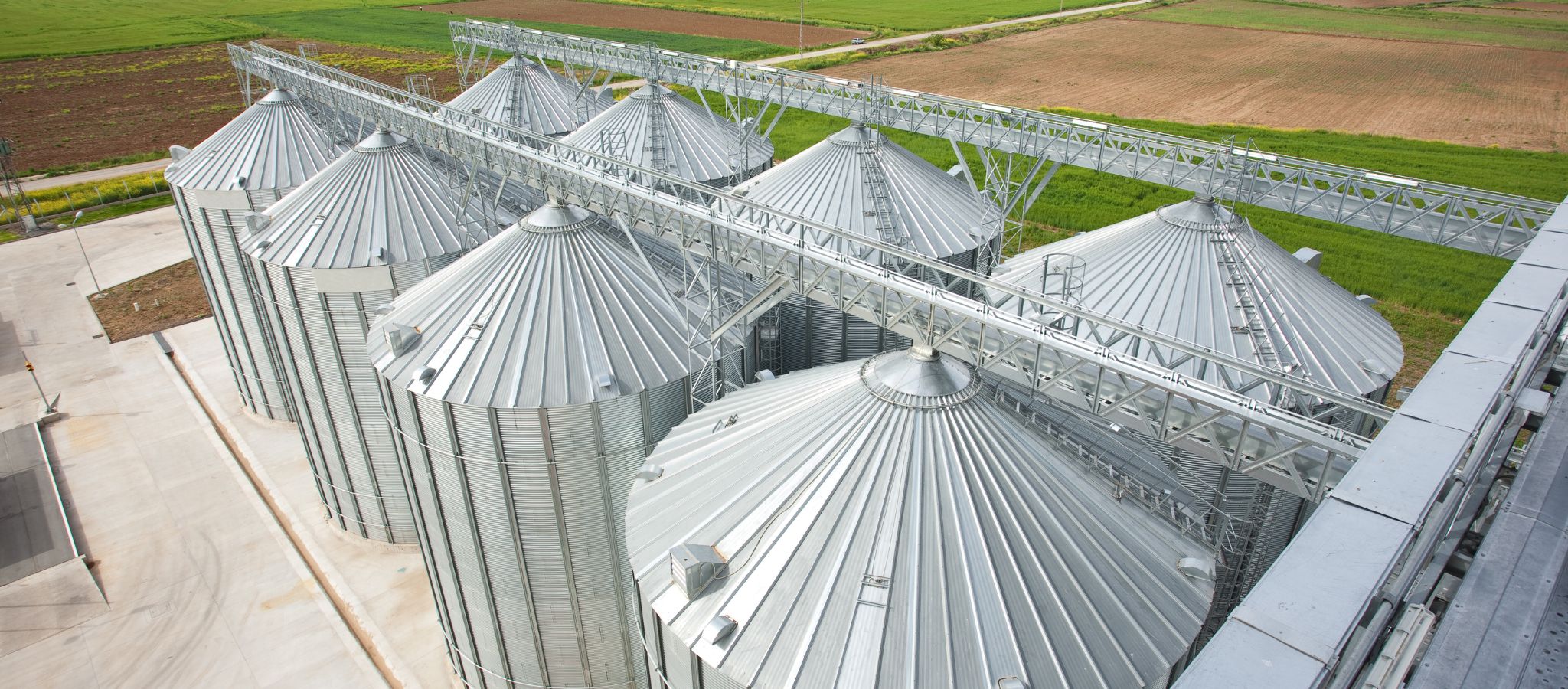Static, Silo, and Belt Weighing: Choosing the Right Bulk Weighing System for Your Needs
Why Opt for Weighing Systems Instead of Volume Measurement?
With bulk material product, weighing systems provide real-time visibility with high precision when compared to volume measurement or tracking product levels. They can be easily incorporated into production workflows with minimal interference, making them a reliable choice for businesses seeking to improve their efficiency and accuracy.
Understanding Bulk Weighing Systems
The foundation of any bulk weighing system includes load cells and mounting assemblies. These mounts ensure proper alignment of forces on the load cells to guarantee precise readings while also protecting against horizontal forces that could cause damage. The appropriate mounting style depends on the specific environment and operational needs.
When multiple load cells are used, their signals are consolidated in a junction box, producing a unified weight reading. This information is then relayed to a digital indicator or controller, which either displays the weight or transfers the data for further processing. MWS integrates weight readings into PLCs or PCs using communication interfaces such as Profibus, Profinet, Ethernet, and DeviceNet, ensuring seamless automation and data exchange.
Static Weighing Systems
Static weighing systems are one of the most precise ways to determine net weight in storage units such as silos, hoppers, drums, or bulk bags. Selecting the right load cells and mounts depends on several factors, including total weight capacity, exposure to vibrations, cleaning requirements, chemical resistance, and ATEX compliance.
The choice of an indicator or controller depends on functionality requirements, communication needs, placement, and mounting method. Some controllers are suited for production-floor installation, while others are intended for control rooms. Calibration can be conducted using either predefined material weights or certified calibration weights. For Legal for Trade applications, calibration must be performed using certified weights to ensure compliance.
Silo Weighing Systems
Silo weighing shares similarities with static weighing but requires additional precautions when installed outdoors. Environmental factors, such as strong winds, can impact accuracy. Look for specialised load cell mounts that counteract wind forces while also providing anti-tipping features to prevent instability and ensure precise weight measurements.
For larger silo weighing applications, using an indicator with auto-calibration functionality simplifies maintenance by allowing calibration without the need for physical weights, reducing downtime and improving efficiency.
Belt Scales for Continuous Material Flow
Belt scales are an effective solution for tracking material flow on conveyor systems, making them ideal for monitoring and regulating supply to machinery or production lines.
For applications handling fine or dusty materials such as animal feed, cement, or fly ash, screw weighers provide an enclosed alternative to belt scales, preventing material loss and ensuring consistent measurements.
Loss-in-Weight Systems for Dosing Precision
Loss-in-weight systems track material depletion from a hopper and its attached conveyor, continuously adjusting the feed rate to maintain a set capacity. These systems are particularly well-suited for precise dosing of powders and granules, handling capacities ranging from 1 to 1,000 kg per hour.
Choosing the right dosing system involves considering factors such as material characteristics, accuracy requirements, and automation capabilities. At MWS, our experienced team provides expert guidance to help businesses select the most suitable weighing solutions, ensuring regulatory compliance and enhanced process efficiency.
Throughput Weighers for Continuous Bulk Weighing
Throughput weighers, also known as bulk weighers, facilitate continuous material flow while performing precise batch weighing. These systems use two hoppers arranged in sequence with shut-off valves. The lower hopper, fitted with load cells, measures weight while the upper hopper acts as a buffer, ensuring uninterrupted material flow.
This method maintains the accuracy of static weighing while allowing continuous operation. However, sufficient vertical space is necessary for installation.
Why Choose MWS for Your Bulk Weighing Needs?
MWS delivers customised weighing solutions across various industries, including food manufacturing, pharmaceuticals, and industrial production. Our expertise in designing, integrating, and maintaining bulk weighing systems ensures seamless operation with minimal disruption. Whether you require silo weighing, batching systems, or loss-in-weight solutions, MWS provides the accuracy and reliability essential for optimised production.
Get in touch with us today to explore how our tailored weighing solutions can enhance your production processes and efficiency.





















